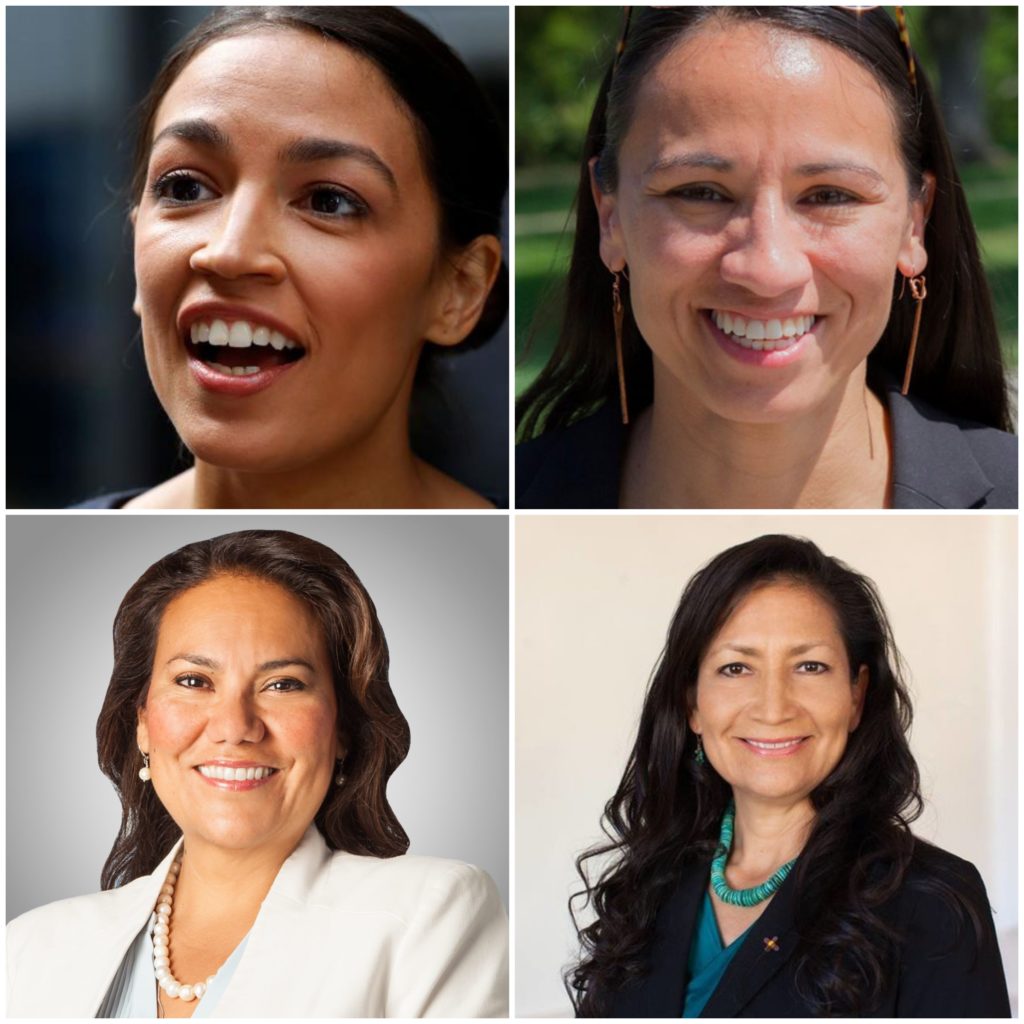Politics | January 12th, 2019
Diversity in Congress
By: Daniel Londono

After the events of the November midterm elections, Congress is looking very different 2019.
The results of 2018 US midterm elections resulted in some noticeable diversity taking place within higher government. With a higher percentage of women, people of color and younger individuals than in most elections of the past, it appears that real change is coming .
With a record number of 96 women elected to the House of Representatives — most running as Democrats — it is telling that these newly elected women are coming in as a possible reaction ordinary citizens are having as a form of rebellion in opposition to the current Republican majority in government. President Trump has been notably called out for promising to create policies that removes rights from women and people of color in our nation.
Among the notable elected individuals are Veronica Escobar and Sylvia Garcia, the first Latina representatives from Texas, Sharice Davids and Debra Haaland, the first Native American women ever elected, and Alexandria Ocasio-Cortez, a Hispanic woman who won a shocking close victory against a white male incumbent and, at 29 years old, is the youngest woman ever elected into Congress.
“When I was a kid, I saw Obama as normal. I didn’t think about racism or division, I just thought I’m black & he’s the President, so I can do anything,” said Amber Elliot, a first-year graphic design student at Florida A&M University. “So I hope the future generation sees this and sees themselves as worthy of making a difference in this country, that they see themselves not as the secretary to a senator, but AS the senator, and I think that’s really important for our future.”
In contrast, Braelyn Russell, a fourth year Interdisciplinary Studies student at FAMU, had a more cynical viewpoint regarding the future of our government.
“I believe people are oppressed, which has a large hand in the results in the election, and I definitely believe something went wrong.” Braelyn Russell said, a fourth-year interdisciplinary studies student at FAMU.
Brianna Nichol, a fourth year criminal justice major, was excited at seeing what was to come next.
“I was very discouraged, and I felt we had numerous obstacles aside from politics. I’m not sure what the newly elected Democrats can accomplish, but I believe we now have at least more opportunities for change.”





